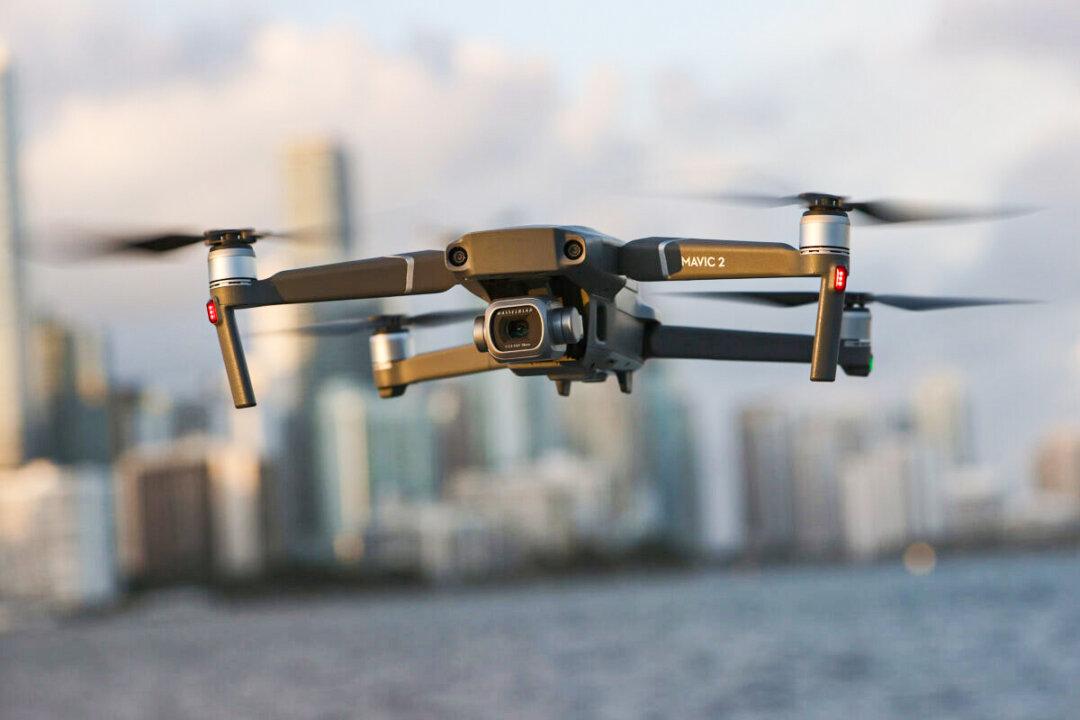Figma, a fast-growing U.S. provider of vector graphics editing software, closed access to its services for the world’s leading drone maker, China’s DJI, on March 12, according to the Chinese state-run media China Fund on March 13.
The financial newspaper operated by the People’s Daily posted an email that it is was sent by Figma to DJI.





